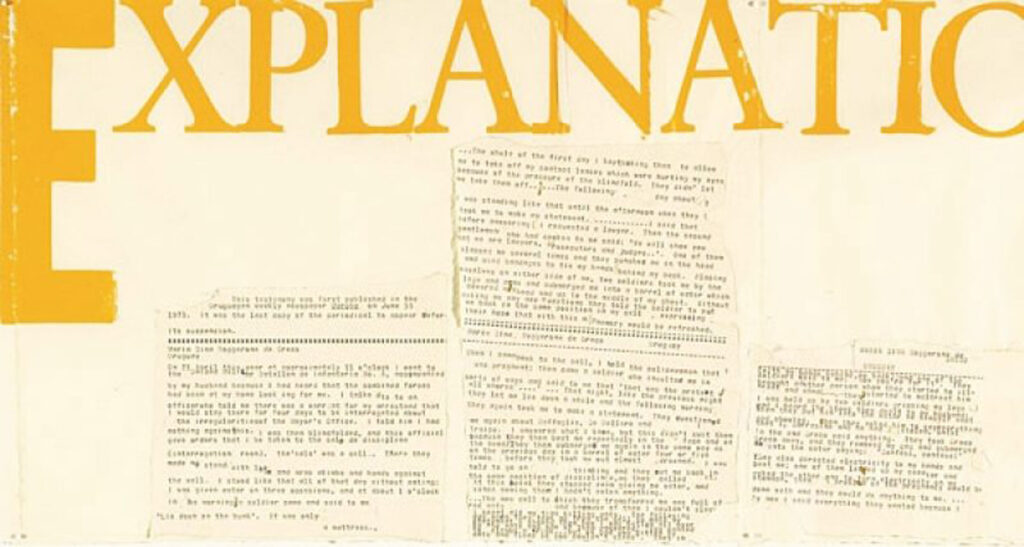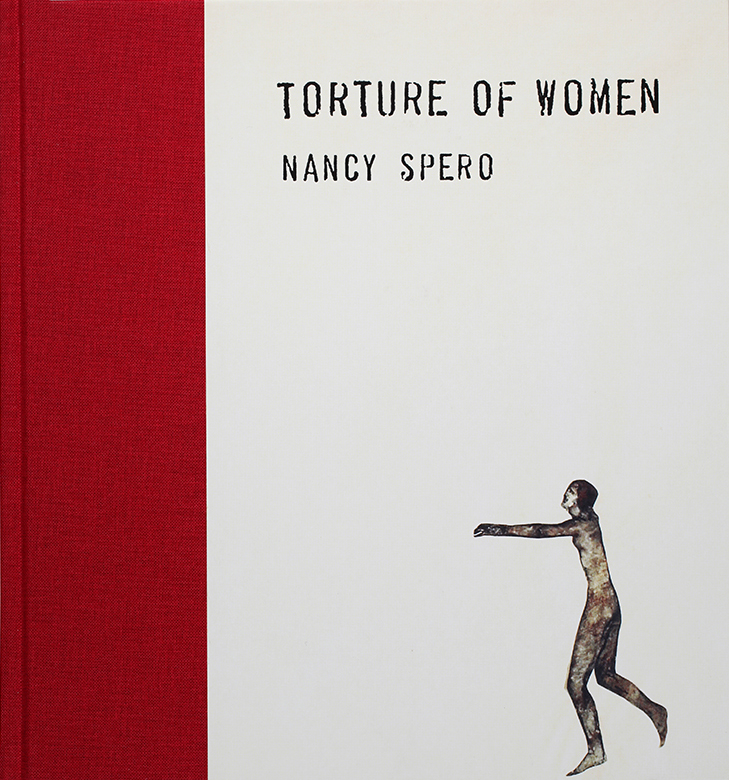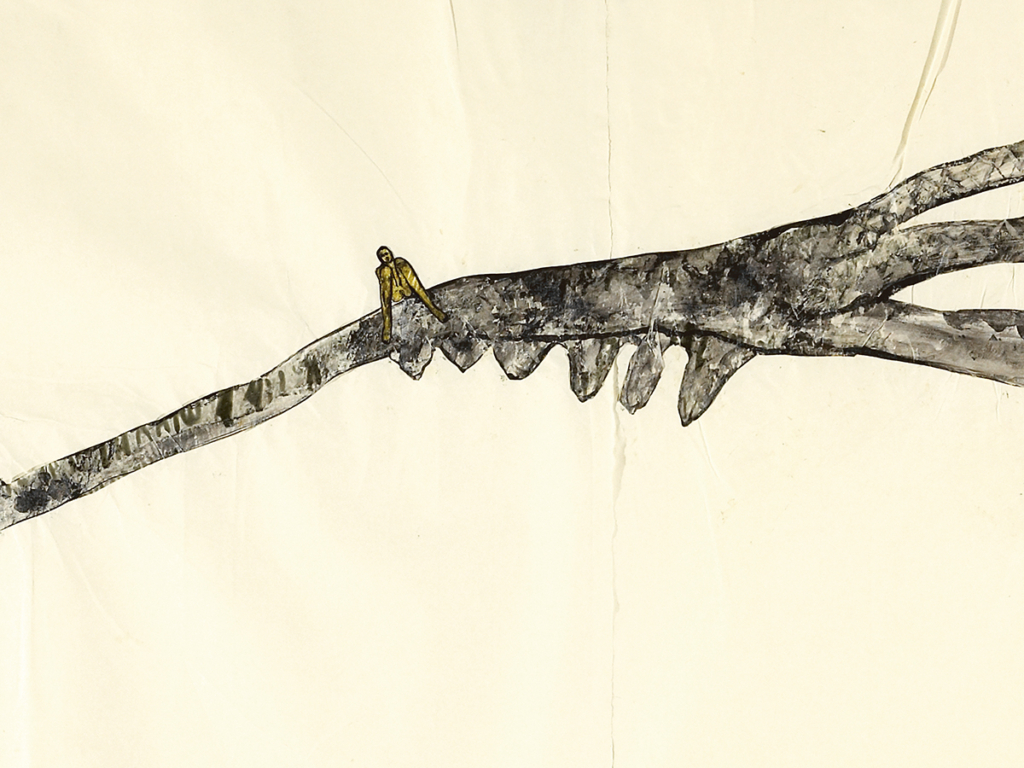An Interview with Natalie Kraft on Nancy Spero’s Torture of WomenRichard J. Goldstein, BOMB
features, 05/17/10
Nancy Spero’s 1976 Torture of Women confronts the viewer with what appear to be receipts of violence carried out on women … 34 years later Siglio Press wrote to Spero with a proposal to make a book of her epic work which had never been reproduced in full before. The process was a three-year journey distilling Spero’s public call to action into the more intimate book scale.
The paper takes the heat as the taser-like printer head furiously burns back and forth with each purchase. Against the serrated blade, the evidence is torn, and I am to hold onto this for how long—until it, crumpled like shed snake’s skin, turns to dust in my pocket? There are no returns, refunds, or exchanges for memory.
Nancy Spero’s 1976 Torture of Women confronts the viewer with what appear to be receipts of violence carried out on women. By doing so, Spero articulates the position of the female body in relation to the triad of power, violence, and desire—on a monumental scale … Her 20 inch by 125 foot installation of 14 panels engulfs the viewer in voices, voices which she empowered through her bulletin typewriter hammering out horrific accounts from Amnesty International, The New York Times, and The Nationto name a few.
Thirty-four years later Siglio Press wrote to Spero with a proposal to make a book of her epic work which had never been reproduced in full before. The process was a three-year journey distilling Spero’s public call to action into the more intimate book scale.

Nancy Spero, Panel I of Torture of Women (detail), 1976. Nancy Spero and Siglio Press. All photos courtesy National Gallery of Canada.
Richard J. Goldstein
How did you come upon the project?
Natalie Kraft
I’m the resident designer at Siglio. We simply wrote to Nancy Spero and proposed publishing Torture of Women in its entirety. The design process began in tandem with the editorial process—they’re inextricable really. The book is not a catalogue or a traditional monograph, nor is it an artist’s book. It is, instead, a translation, of a large-scale artwork into book form.
RJG
How did you keep a potent reading experience in the form of the book? Is this what you mean by “translating”?
NK
The book is such an intimate form and this 125 foot work is a monumental and public cry of outrage. And yet, what also makes the work so extraordinarily potent is how Spero also—with distinctly feminist intentions—subverts that monumentality. The paper is fragile and wrinkled; there are seams, raw edges. She creates almost private spaces for the first person testimony of the torture of victims by collaging smaller pages with typewritten text onto larger pages. She leaves vast fields of space empty for the silences, for the pain that can’t be described.
What a challenge—to attempt to take a work of art that has a very spatial and public presence and find a new form for it in the very private space of reader and book.
To translate anything you have to understand where there are equivalences and where there are not. Of course a book can’t replicate the experience of being in space and seeing all of the work at once—not only by standing back, but also by looking closely while being aware of what’s in your peripheral vision. But “the book” gives the reader time. Not only can the reader spend as much time as she likes on a single page, but she controls the pace of moving through the book and its direction (you can enter anywhere). With a book, the reader can also return to it, read it again and again in different ways. Creating a space for Torture of Women to be read was perhaps the most urgent motivation of making this book. That it can be read at all is primary: When Torture of Women is installed (which is fairly rare), panels are often stacked vertically in an exhibition space. What’s above eye level is simply out of reach. Thus the book creates a legibility, immediacy, intimacy. …
Continue Reading at BOMB.
see also
✼ natalie’s upstate weather report:
May 11, 2023 — It was spring. And then it was not. And now it is again. How far can you throw a ball? What if one could travel along a high arc, across a continent, an ocean? What if you could travel with the ball, see as it might what is above and below? And I wonder what its speed might be? Enough to stay aloft, but slow, not even so fast as a swallow? That was once how a single season felt. Now…
[...]
